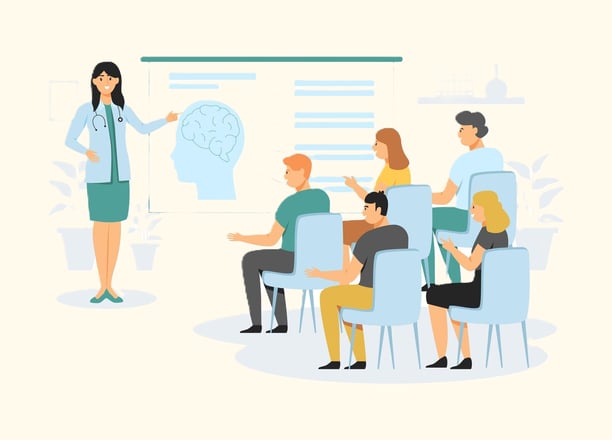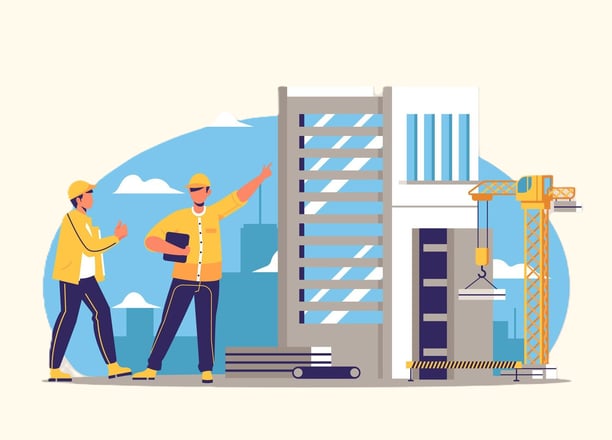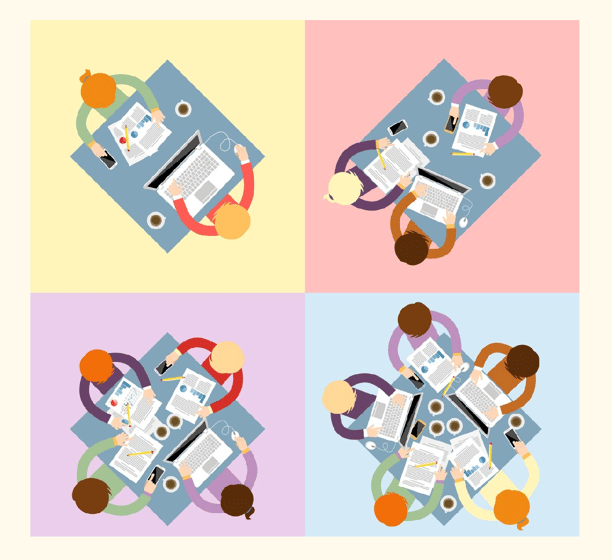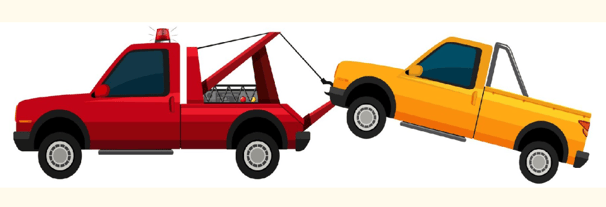Shared Skills
Pool skills (e.g., medical training, mechanical knowledge) to benefit the group. In a survival situation, no single person has all the necessary skills to manage every challenge. Pooling skills within a community—such as medical training, mechanical knowledge, or survival expertise—creates a well-rounded, resilient group capable of addressing various needs. Here’s a detailed explanation of how skill-sharing works and how it benefits the community.
NEIGHBOR NETWORKS
12/9/20243 min read
Shared Skills
Pool skills (e.g., medical training, mechanical knowledge) to benefit the group. In a survival situation, no single person has all the necessary skills to manage every challenge.
Pooling skills within a community—such as medical training, mechanical knowledge, or survival expertise—creates a well-rounded, resilient group capable of addressing various needs. Here’s a detailed explanation of how skill-sharing works and how it benefits the community.


1. Why Pooling Skills is Crucial
Comprehensive Problem-Solving:
Different challenges require specialized knowledge. For example, medical emergencies need first aid expertise, while equipment breakdowns require mechanical skills.
Having diverse skills in the group allows for quicker and more efficient solutions.
Reduces Dependence on External Help:
In crises, professional services (doctors, mechanics, electricians) may be unavailable.
A skilled community can self-sustain longer without external aid.
Increases Resilience:
The group is better prepared for unexpected challenges when multiple skill sets are available.
Efficient Division of Labor:
Tasks can be assigned based on expertise, improving productivity and outcomes.
Strengthens Community Bonds:
Sharing skills fosters cooperation, trust, and mutual respect within the community.
2. Key Skills That Benefit the Group
Medical Training
Why it’s Important: Injuries, illnesses, and infections are common during crises. Immediate medical attention can prevent complications or save lives.
Examples:
First aid, CPR, wound care, treating burns, and administering medications.
Identifying symptoms of common illnesses or infections.
Managing chronic conditions like diabetes or asthma.
Mechanical Knowledge
Why it’s Important: Equipment and vehicles are essential for transportation, power, and communication. Repairs ensure continued functionality.
Examples:
Fixing cars, generators, water pumps, and basic electrical systems.
Maintaining tools and equipment like chainsaws, stoves, or solar panels.
Food and Agriculture Skills
Why it’s Important: Sustaining food supplies is critical during long-term crises.
Examples:
Gardening, farming, fishing, foraging, and food preservation techniques.
Security and Defense Training
Why it’s Important: Protection from threats helps maintain safety and order.
Examples:
Self-defence techniques, perimeter security, and basic tactical strategies.
Construction and Shelter Building
Why it’s Important: Safe and sturdy shelters are necessary for protection from the elements.
Examples:
Building shelters, repairing homes, and setting up temporary structures.
Logistical and Organizational Skills
Why it’s Important: Efficient planning and coordination ensure resources and efforts are maximized.
Examples:
Inventory management, resource distribution, and emergency planning.
Cooking and Food Preparation
Why it’s Important: Proper nutrition and safe food handling prevent health issues.
Examples:
Preparing meals from available supplies, rationing food, and cooking with limited resources.
3. How to Pool Skills Effectively
A. Identify Available Skills
Conduct a Skills Assessment:
Create a list of everyone’s skills and expertise.
Ask each community member to share what they’re good at and any certifications they have (e.g., first aid, mechanical training).
B. Organize Skill Groups
Create Specialized Teams:
Form teams based on skill areas, such as a Medical Team, Repair Team, Security Team, or Food Production Team.
Assign clear roles and responsibilities to each group.
C. Cross-Train Community Members
Skill-Sharing Workshops:
Teach basic skills to others. For example, someone with medical knowledge can teach first aid basics to the group.
Cross-training ensures the group isn’t dependent on just one person for a specific skill.
D. Create a Skills Resource Book
Document Procedures:
Maintain a community manual with step-by-step instructions for key tasks like first aid, basic repairs, or food preservation.
Include contact information for members who specialize in each skill.
E. Practice and Drill
Regular Drills:
Conduct practice sessions for emergency scenarios, like injury response or equipment repair.
These drills help refine skills and identify gaps in knowledge.
4. Examples of Skill-Pooling in Action
Medical Emergency:
Someone with medical training handles the injury. Another person assists by retrieving supplies, and someone else helps keep the patient calm.
Equipment Breakdown:
A mechanic repairs a generator while someone skilled in logistics manages fuel distribution and power needs.
Food Shortage:
A gardener plants fast-growing crops, a cook prepares rations efficiently, and someone with preservation knowledge cans surplus food.
5. Benefits of Skill-Pooling for the Group
Efficiency:
Tasks are completed faster and more effectively by people with the right expertise.
Sustainability:
The group can manage resources and solve problems over the long term.
Redundancy:
Cross-training ensures that skills aren’t lost if one person is unavailable.
Community Strength:
Members feel valued for their contributions, promoting morale and unity.
Adaptability:
The community can respond to a wide range of challenges by leveraging different skill sets.
Pooling skills within a group enhances survival capabilities, efficiency, and resilience. By identifying, organizing, and sharing each person’s expertise, the community becomes better equipped to face challenges, whether they’re medical emergencies, mechanical breakdowns, or food shortages. A community that supports skill-sharing not only survives but thrives through cooperation and mutual reliance.








